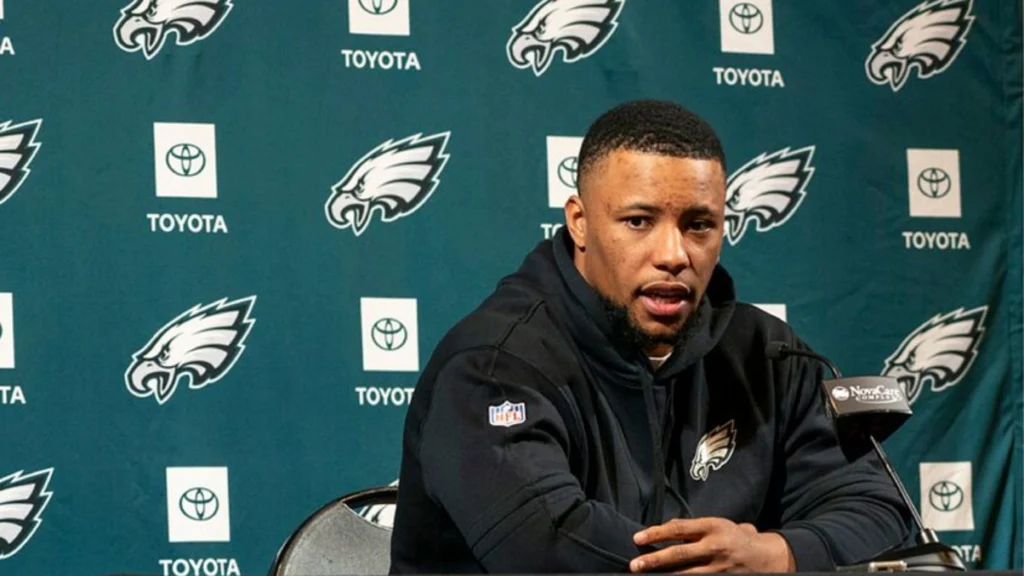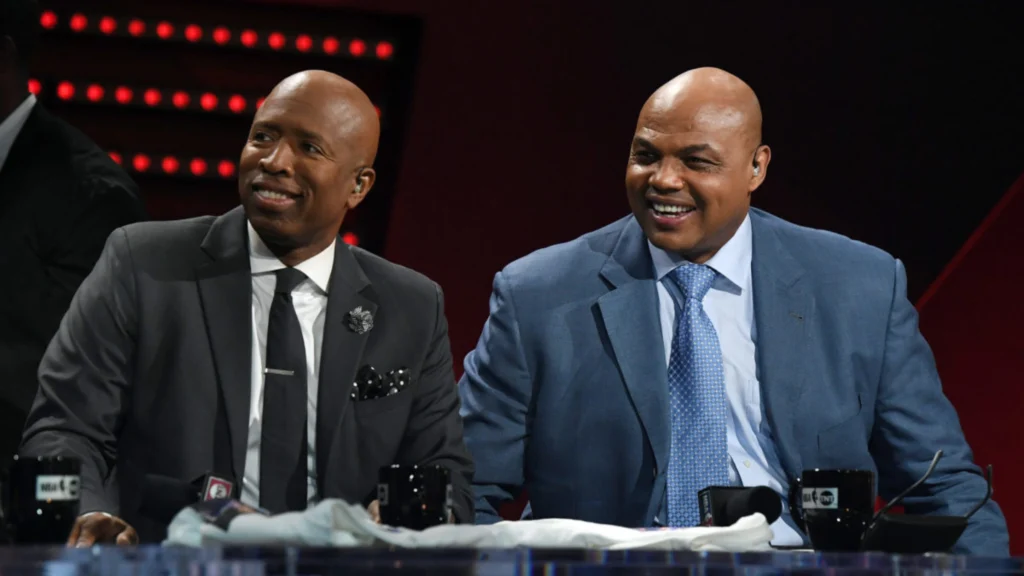This year’s NCAA Tournament coverage became as much about the analysts as the games themselves, with CBS’s decision to bring in TNT’s Kenny Smith and Charles Barkley sparking debate about professionalism versus fandom in sports broadcasting.
While March Madness is no stranger to colorful commentary – from Dick Vitale’s energetic “showtime, baby!” to Gus Johnson’s iconic “the slipper still fits!” – this season’s coverage left many fans frustrated with what they perceived as biased analysis.
The controversy began early in the tournament when Smith, a University of North Carolina legend with his jersey retired in Chapel Hill, referred to Duke recruit Cooper Flagg as a “possible NBA lottery pick” during first-round coverage. The comment raised eyebrows since Flagg hasn’t yet played college basketball, let alone declared for the draft.
For Duke fans, this was seen as either a deliberate jab or concerning lack of preparation from the UNC alum.
Barkley’s allegiance to his alma mater, Auburn, became equally apparent during the Tigers’ Sweet 16 matchup against Florida. The Hall of Famer repeatedly used “we” when discussing Auburn during the halftime show, and his emotional reaction to their loss drew significant attention. “The best team won,” Barkley admitted on air. “Our guys played valiantly…I’m so proud of our team and coach Pearl.” While his passion was genuine, many viewers questioned whether such open rooting was appropriate for a neutral broadcaster.
The situation escalated during the Final Four, where both analysts faced mounting criticism. During Duke’s matchup against Houston, viewers accused Smith of showing disinterest in games not involving UNC. His body language and commentary during Duke’s appearance in the national semifinals led to social media backlash, with fans arguing his Tar Heel loyalties were overshadowing his professional responsibilities.
Barkley, meanwhile, became a meme during the Auburn-Florida game as cameras captured his dramatic emotional swings. From celebrating Auburn’s first-half lead to burying his head in his hands during their second-half collapse, the usually unflappable analyst wore his heart on his sleeve. While entertaining for some, others felt it crossed the line of professional broadcasting.
This raises an important question about sports commentary: Where should analysts draw the line between their personal fandom and professional objectivity? There’s certainly precedent for passionate, personality-driven coverage in college basketball. Figures like Rick Majerus and Doug Gottlieb built careers on their strong opinions and deep ties to the game. The difference with March Madness, however, is the heightened emotions surrounding the single-elimination tournament, where every call and comment gets magnified.
The backlash against Smith and Barkley reflects changing expectations in sports media.

While their entertaining style made Inside the NBA must-watch television, the college basketball audience appears less forgiving of perceived bias. Social media amplified the criticism, with #FireKennySmith trending among Duke fans and Barkley’s emotional reactions becoming viral moments.
What makes this situation particularly complicated is that both analysts were essentially being criticized for being themselves – the same authentic personalities that made them stars on TNT. Barkley has never hidden his love for Auburn, just as Smith’s UNC roots are well documented. CBS presumably hired them specifically for their unfiltered perspectives, only to discover that what works for NBA coverage might not translate perfectly to the more tribal world of college sports.
As networks plan future tournament coverage, this year’s experience suggests they may need to reconsider how they utilize analysts with strong college affiliations. While their insight is valuable, the emotional investment that comes with alma mater loyalties creates unavoidable conflicts in a tournament where fan bases are hyper-sensitive to perceived slights.
The fundamental issue isn’t that Smith and Barkley are bad analysts – their NBA work proves otherwise – but whether any broadcaster can truly set aside decades of fandom when covering their own schools. For viewers, the answer this March seemed clear: when the choice is between professionalism and school spirit, they expect the professionals to act like professionals.
For more worldwide updated news visit apexadpros or for sports content checkout to sports.apexadpros



